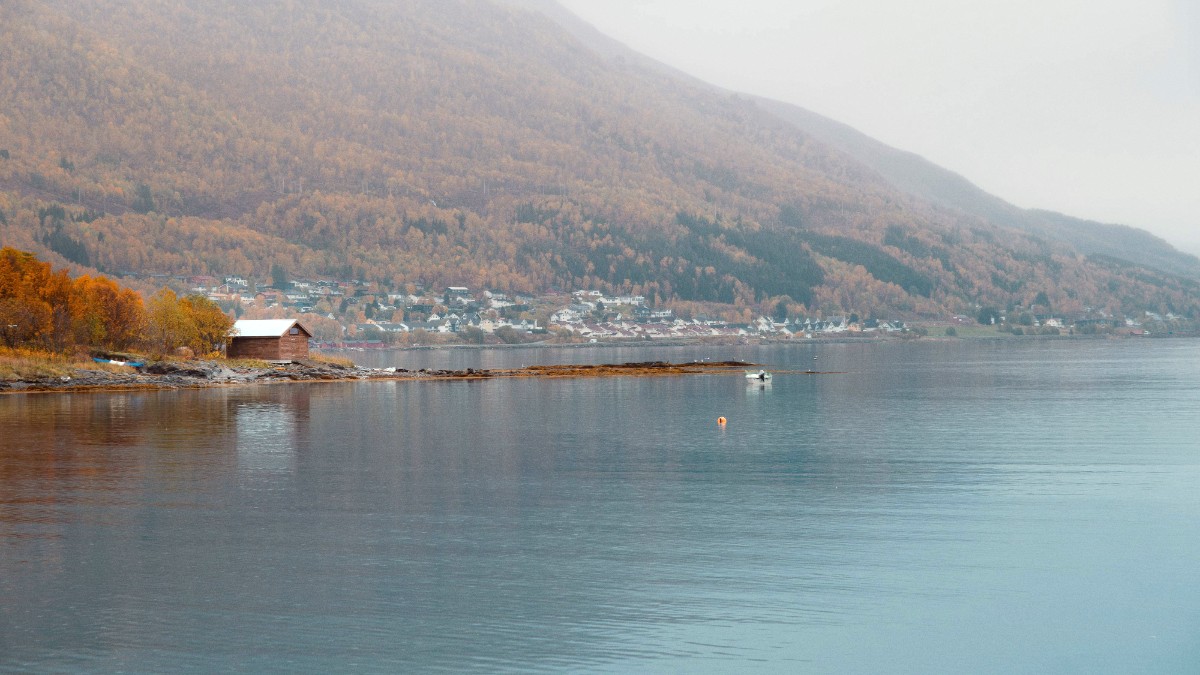
Northern Norway, Norway
Respect protected areas, stay on marked trails, and minimize waste.
Support local cultures, respect privacy, and observe local customs.
Choose local businesses and ethically sourced products.
Your actions affect the delicate Arctic ecosystem.
Northern Norway has pristine natural environments and protected areas.
Norway has strong recycling programs and emphasizes conservation.
Offsetting flight emissions can lessen your travel's environmental footprint.
Support businesses committed to sustainable practices.
Select operators who prioritize animal welfare and community engagement.
Explore G AdventuresResearch and choose companies that follow ethical guidelines.
Engage respectfully with local cultures and support the local economy.
Support initiatives that preserve local Arctic and Sami cultures.
Norwegians are generally reserved but friendly. Be polite and respect personal space.
Your financial choices can directly benefit local communities.
Support tours and businesses that directly benefit local communities, including Sami communities.
Prioritize purchasing locally made products and souvenirs directly from artisans or small local shops.
Choose local restaurants, cafes, and independent shops over international chains.
Every choice made as a traveler influences the local environment and community. Thoughtful decisions contribute to a positive impact.
Make sure your visit is beneficial and not detrimental.
Research tour operators to ensure they follow ethical guidelines for animal welfare and community engagement.
If you wish to contribute to local causes, choose reputable charities.
Norway's water is pristine. Maintain conservation practices.
Observe wildlife responsibly to minimize disturbance.
Choosing local food products benefits the community and your experience.
Look for seasonal and locally grown fruits, vegetables, and berries.
Enjoy fresh seafood from sustainably managed local fisheries.
Try traditional Norwegian dishes and support restaurants sourcing locally.
Always question and avoid activities that seem to exploit animals or local populations for tourism. Your ethical choices contribute positively.
Embrace responsible travel as a core part of your Tromsø experience, leaving a positive footprint wherever you go.